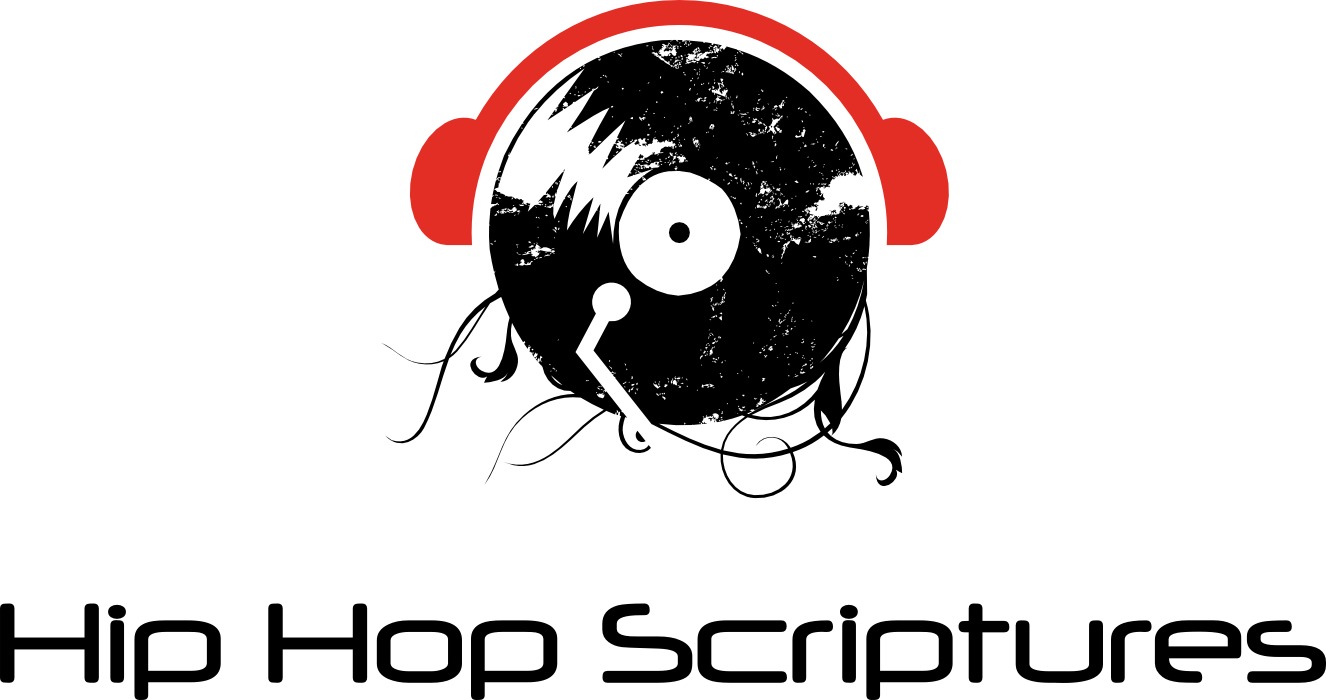Juvenile Digital Biography
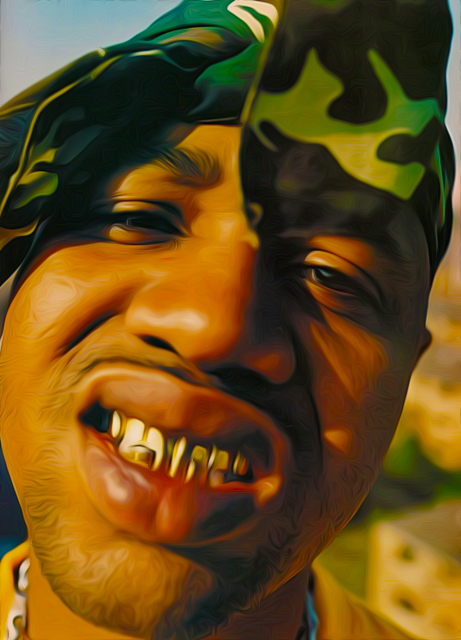
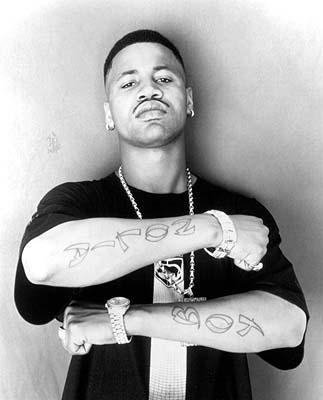
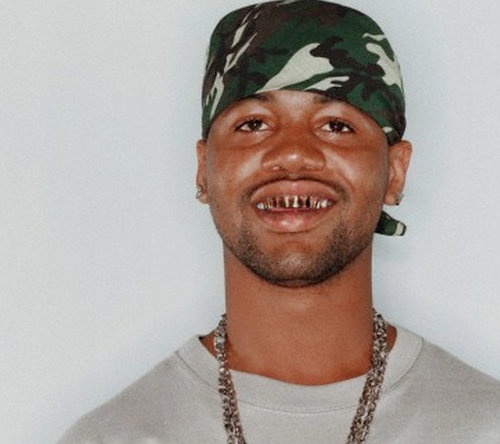
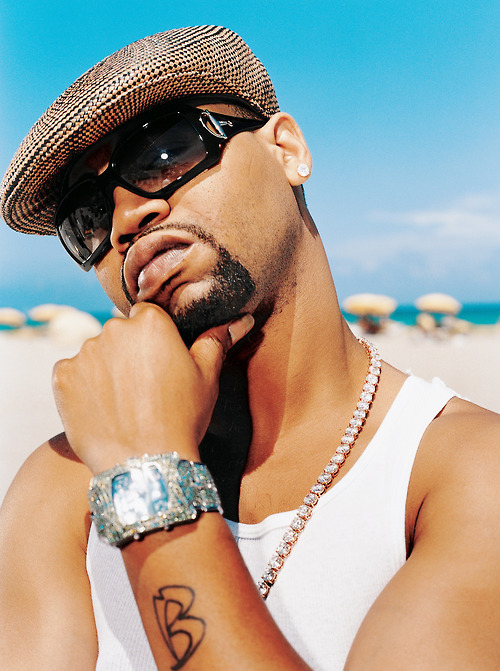
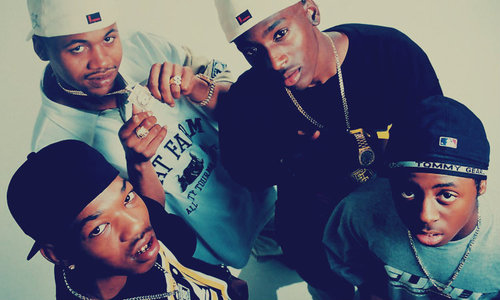

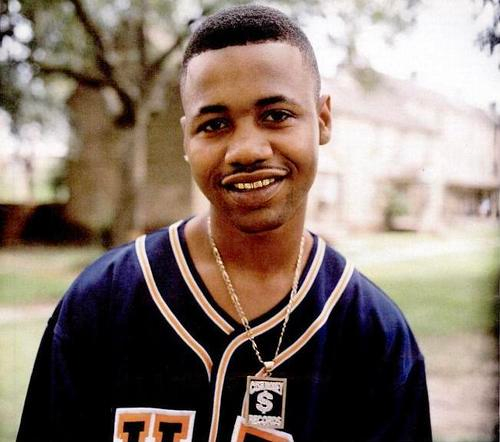
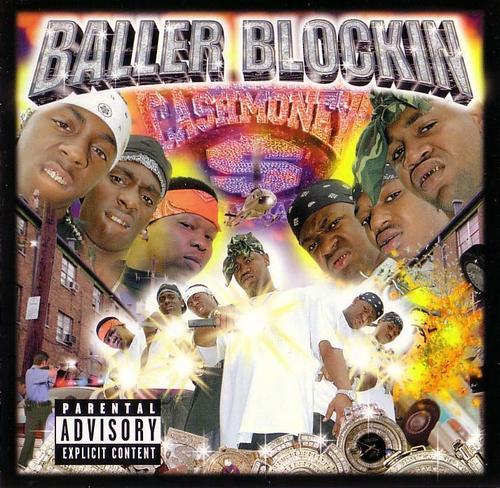
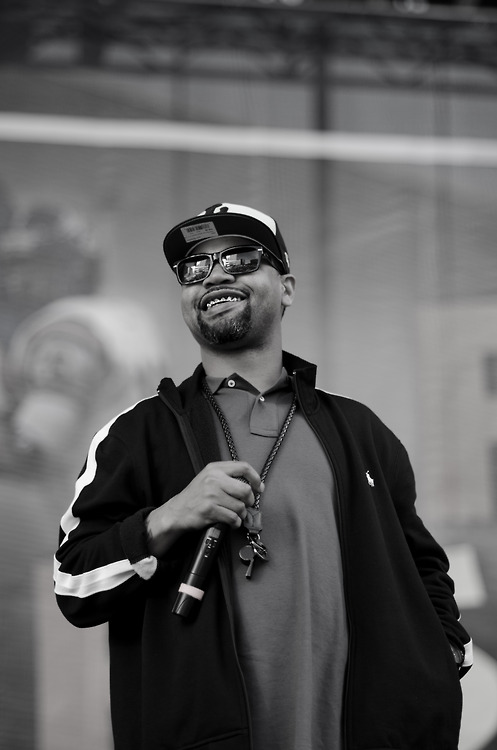
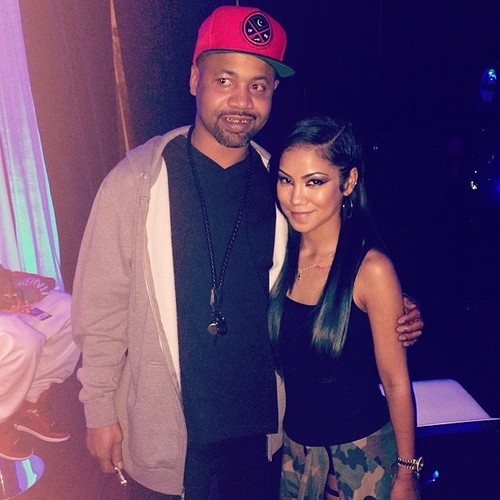
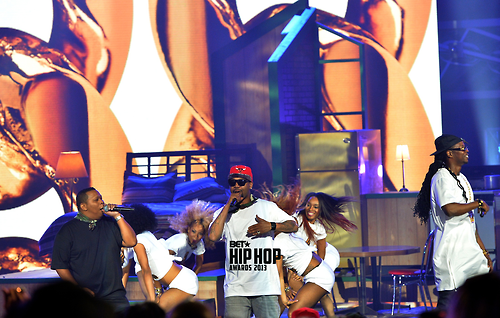

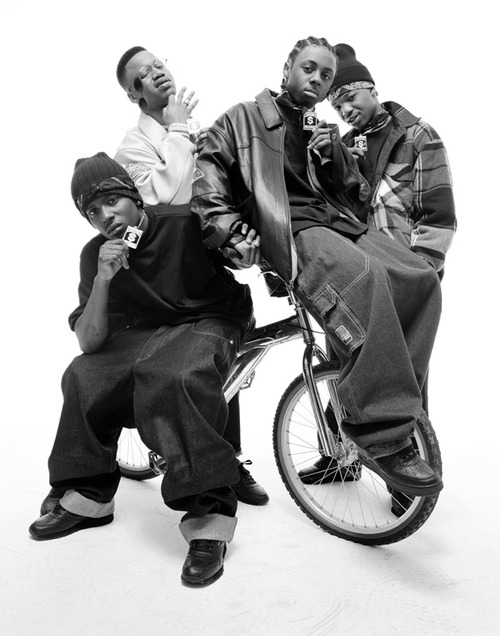
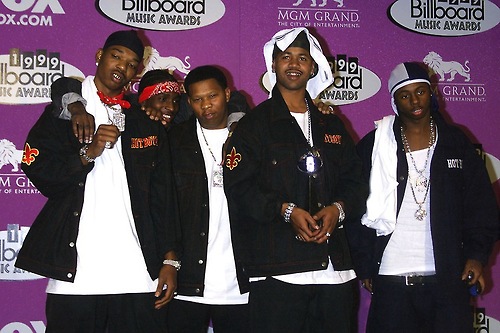
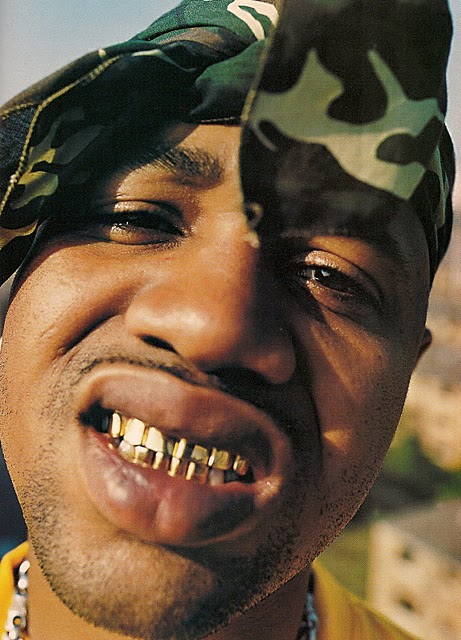
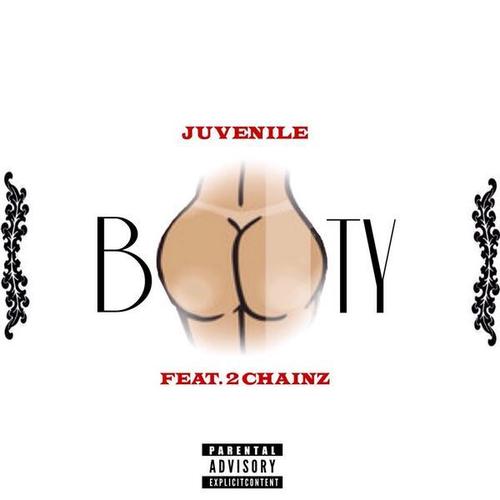
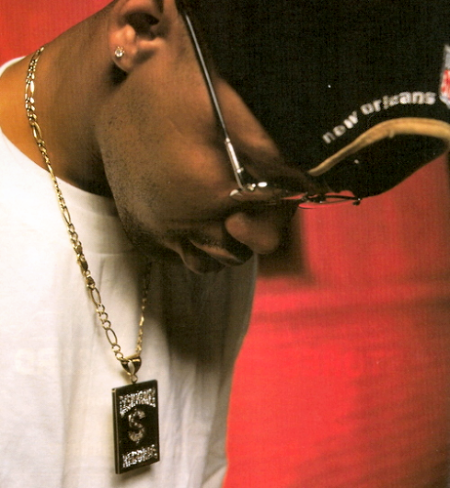
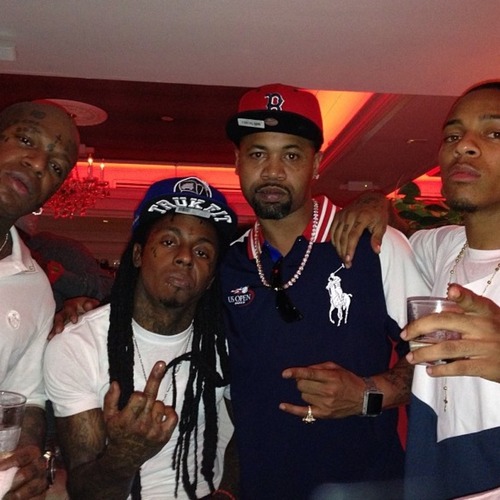
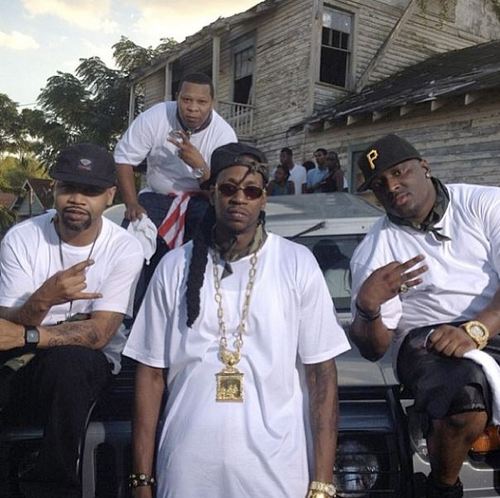
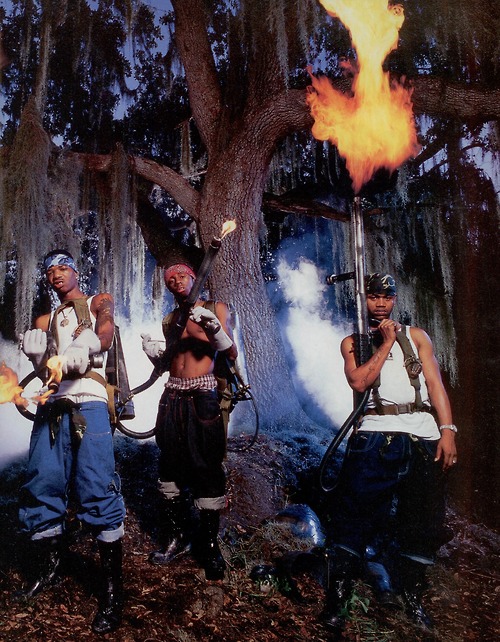

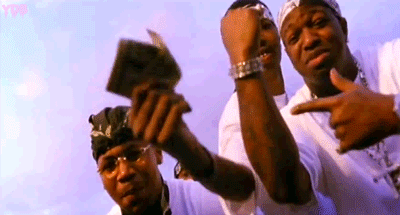

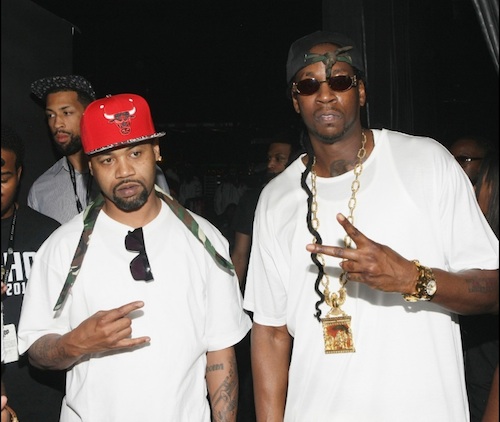
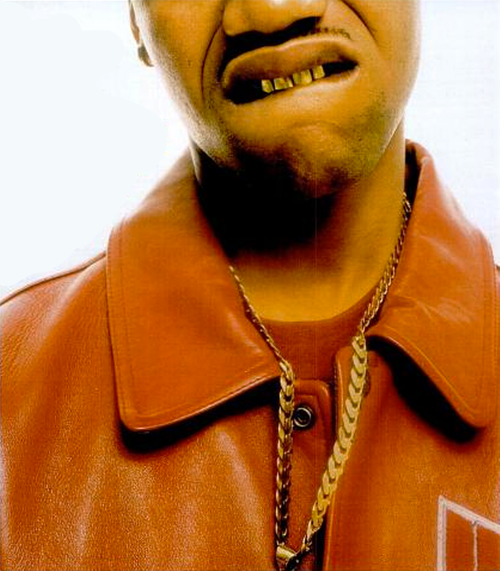
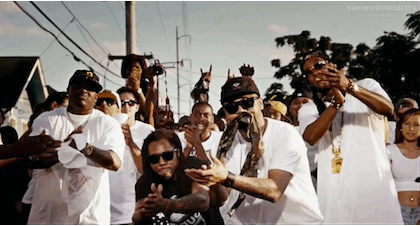

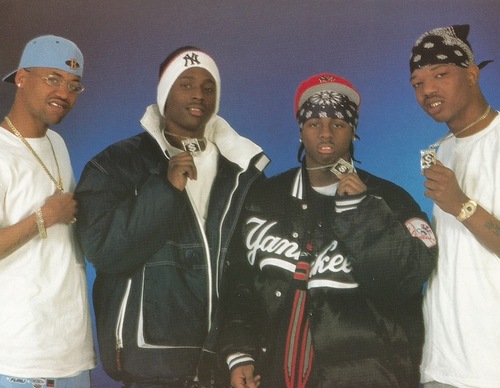
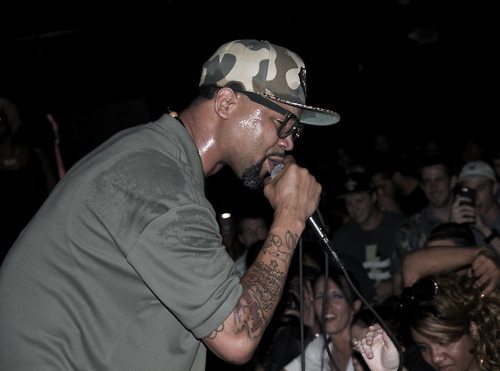
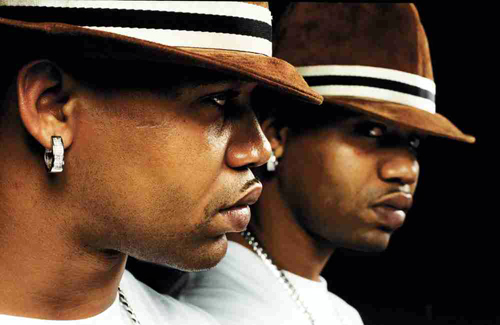
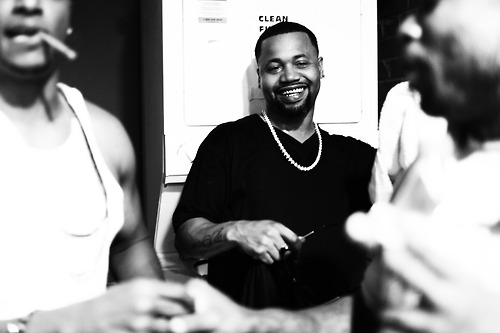
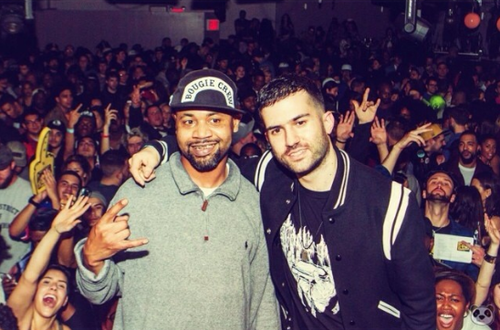
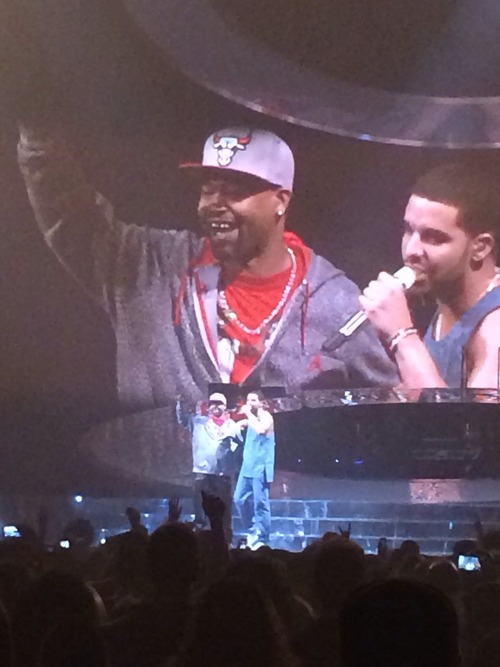


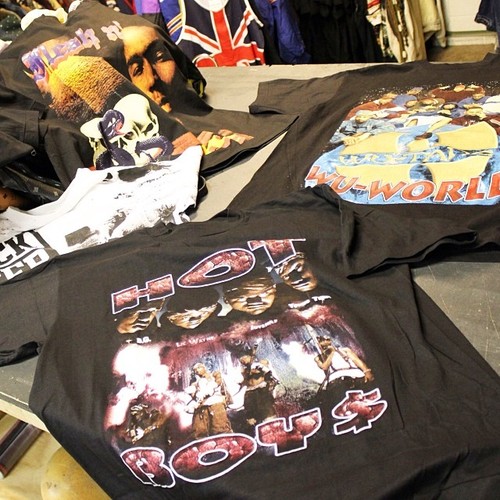

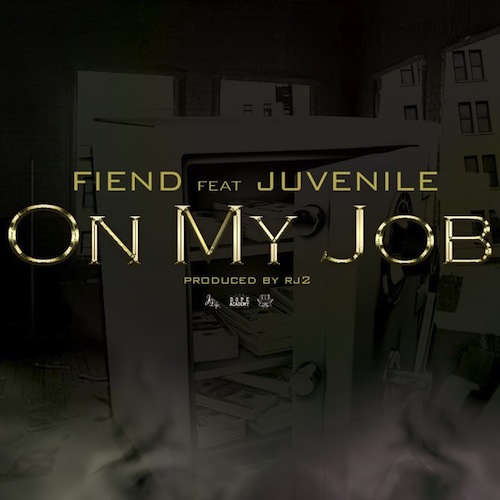

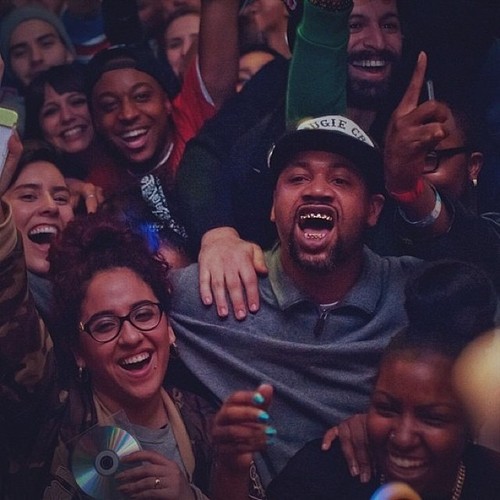
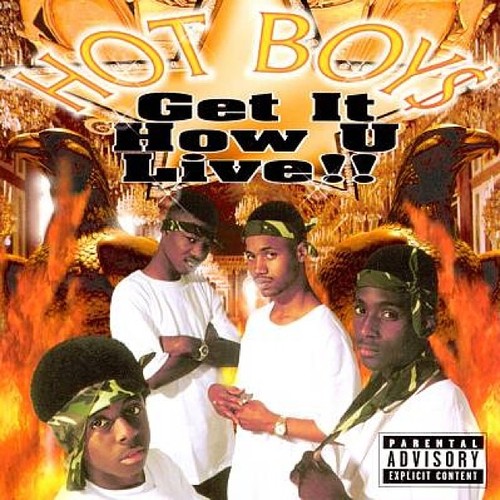


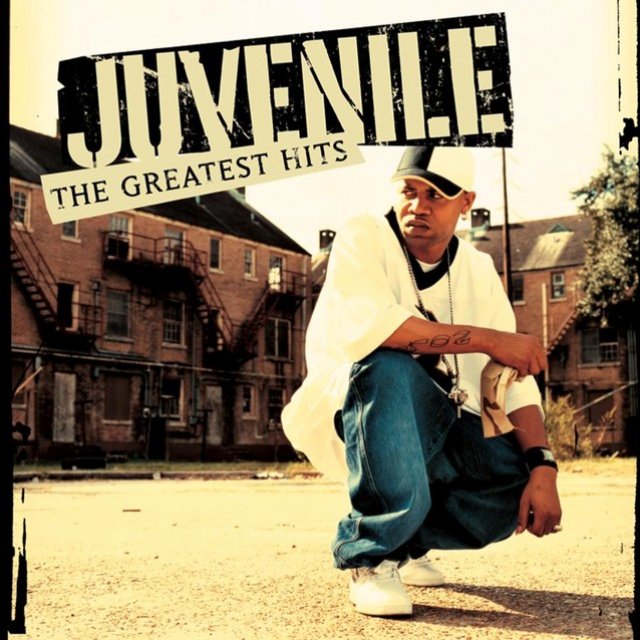
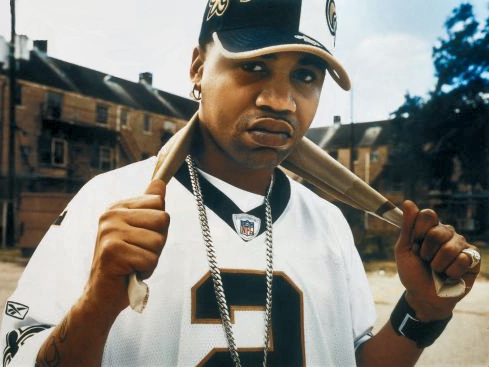


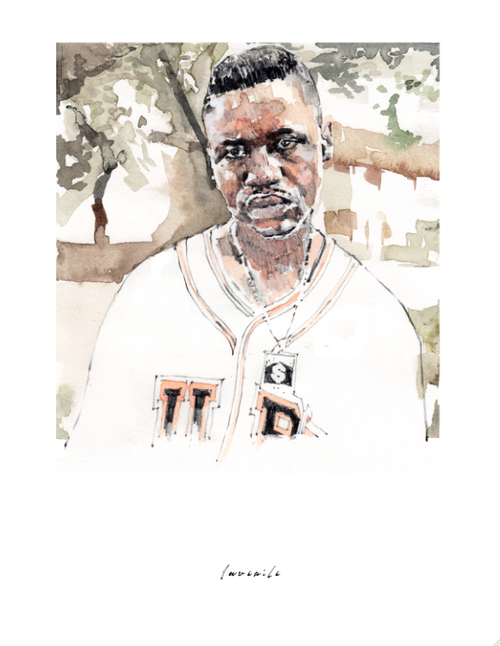
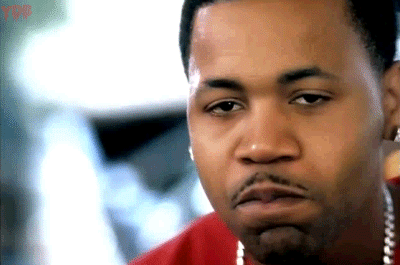

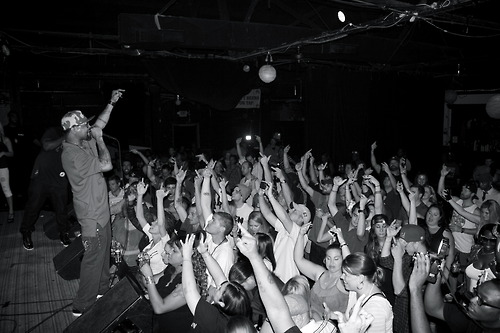
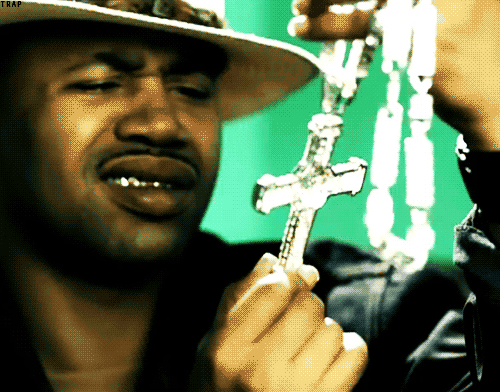
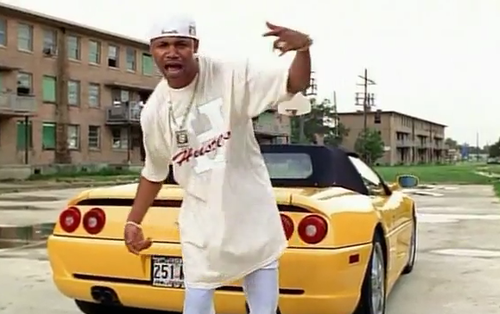
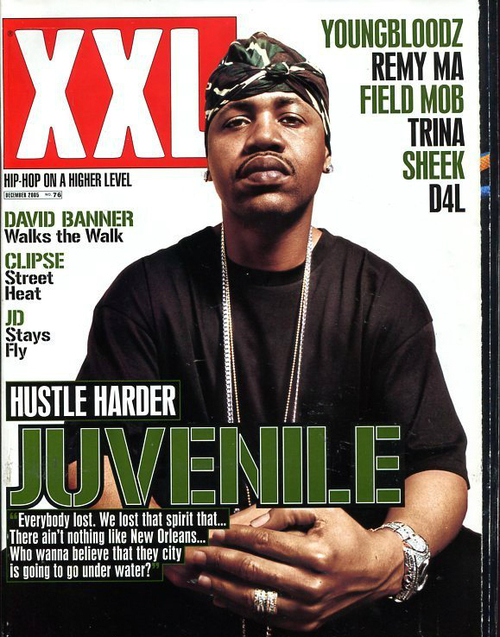
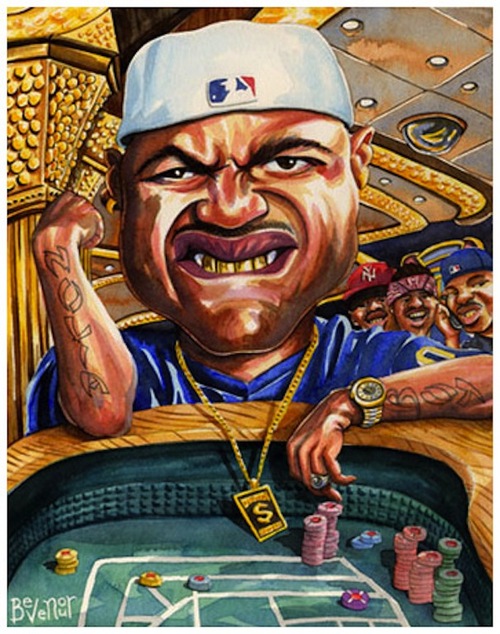
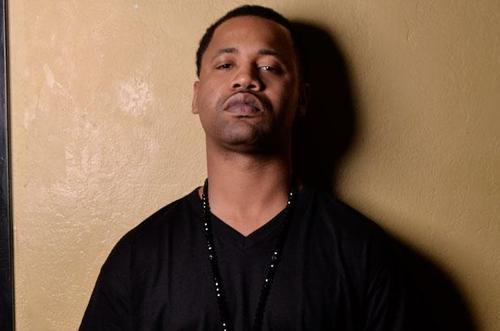

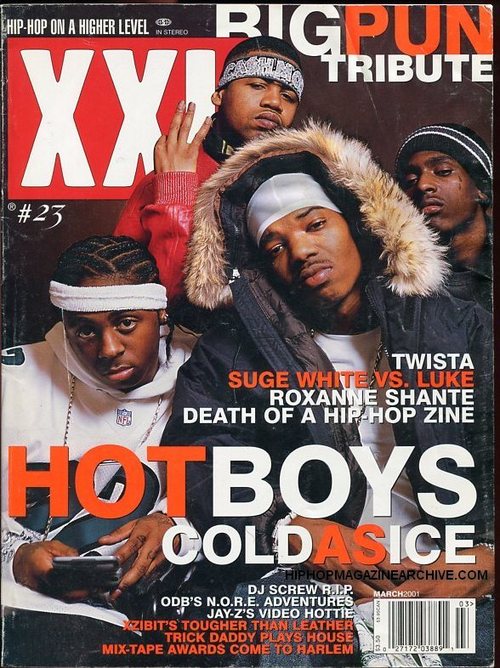
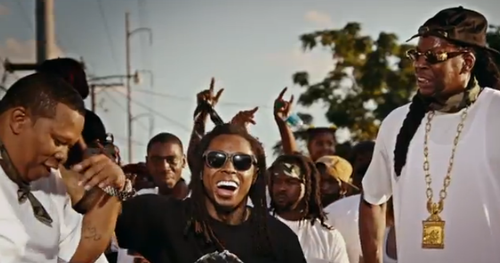
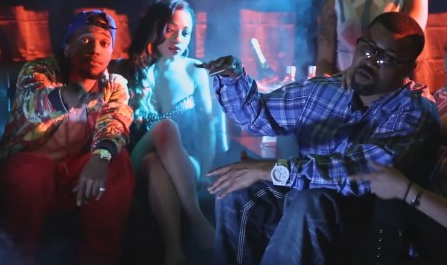
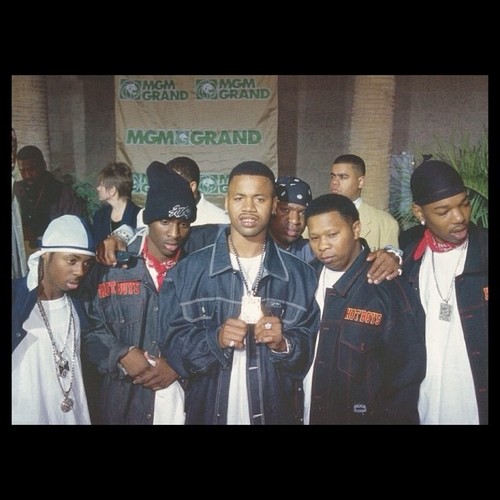
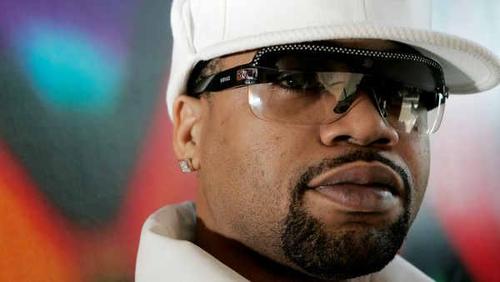
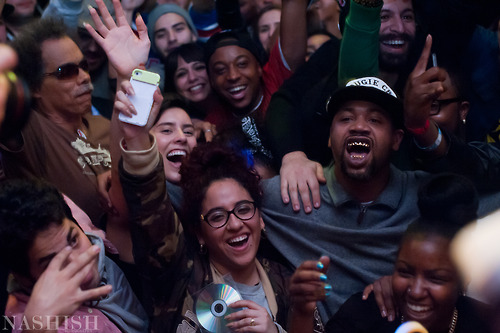
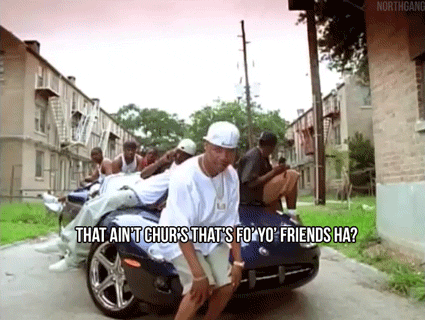
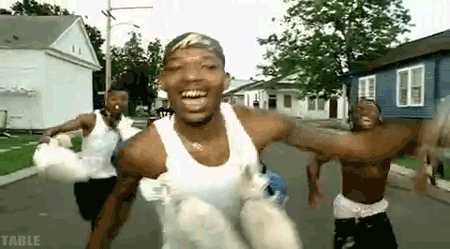
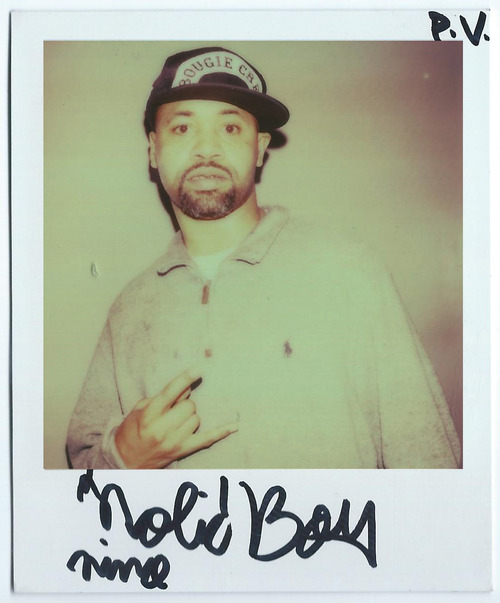
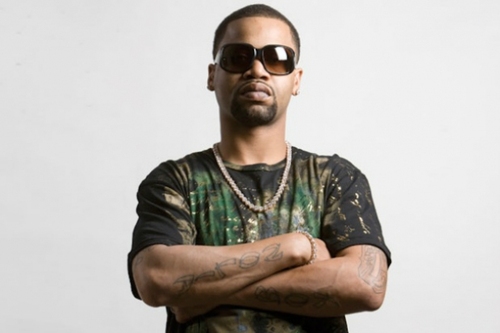
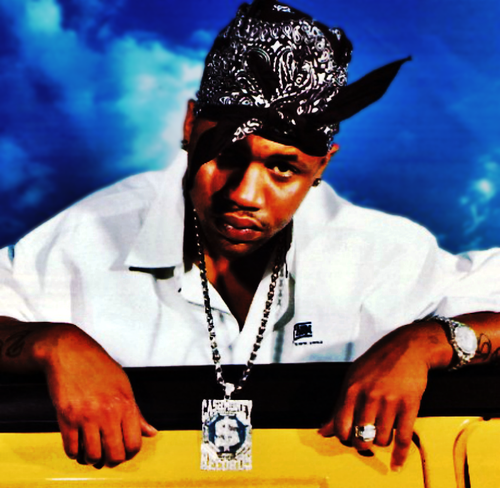
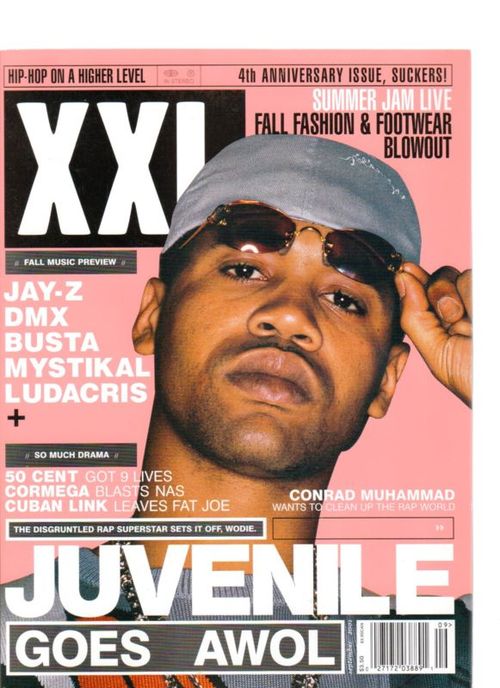
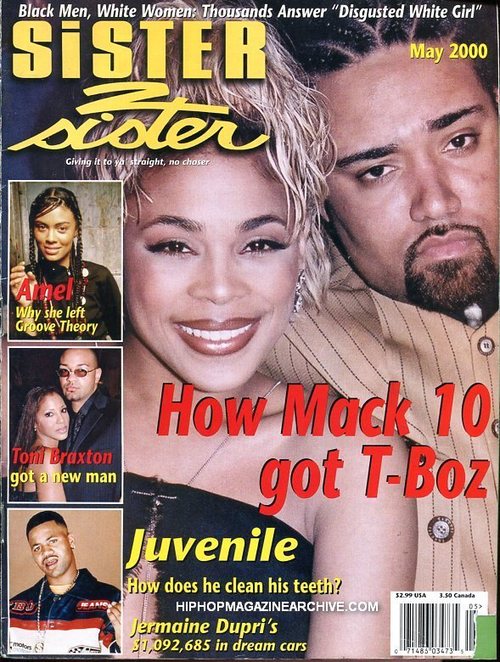
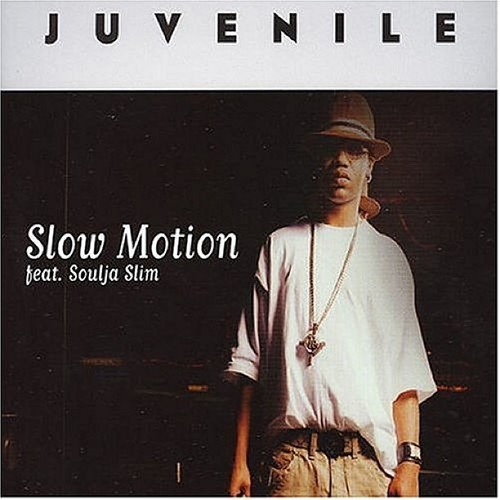
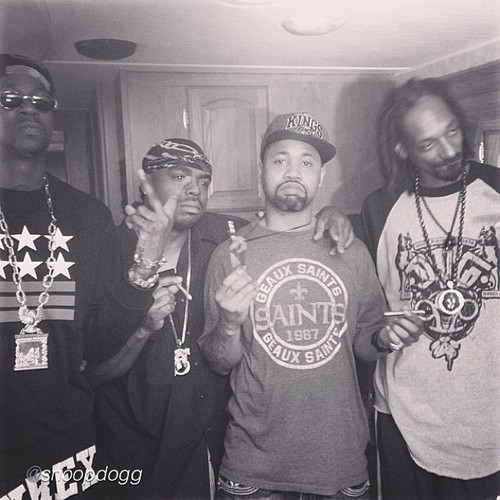
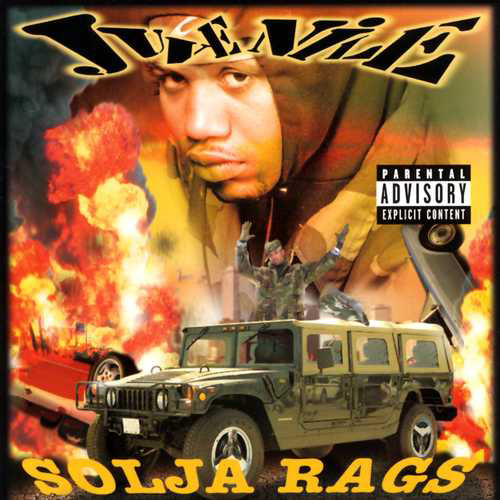
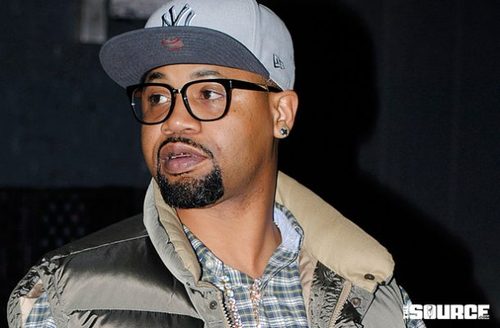
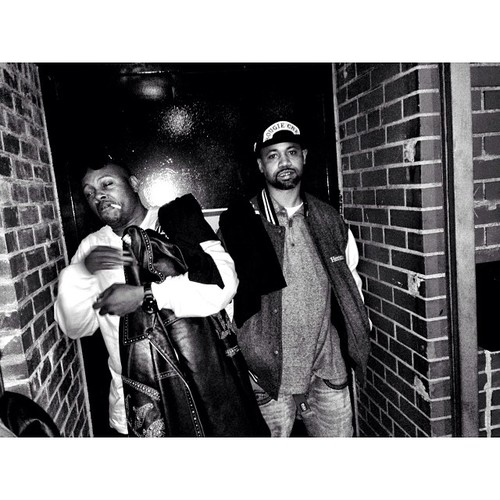
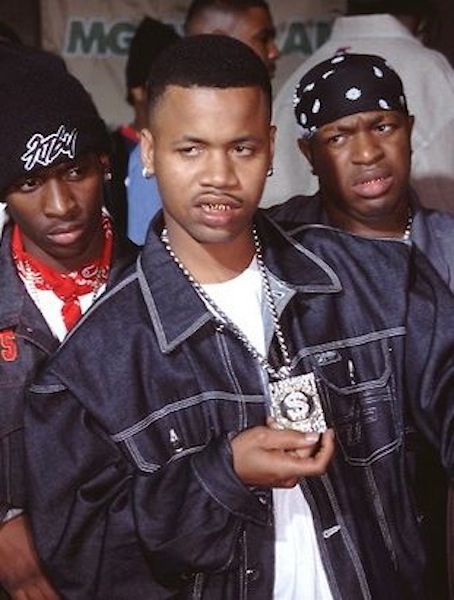

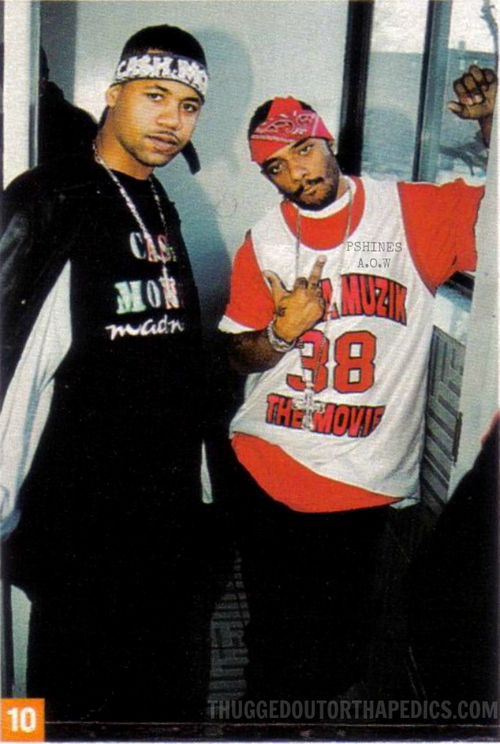

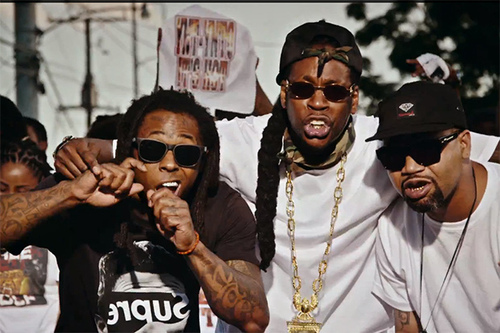
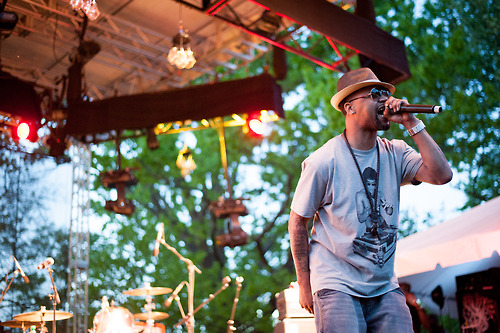

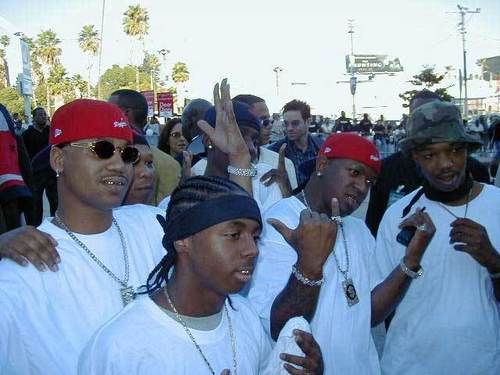
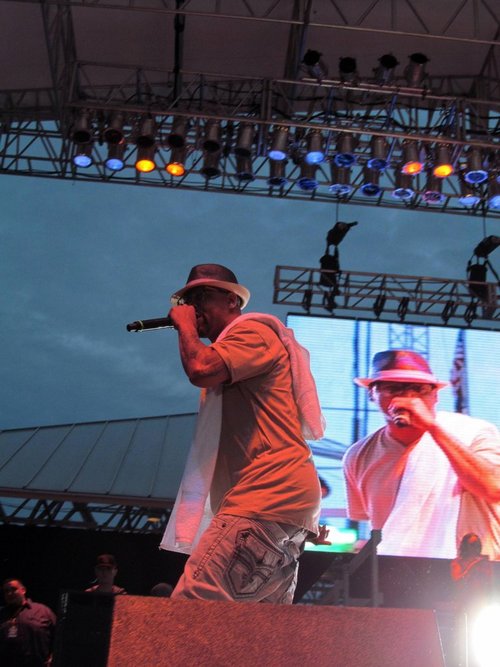
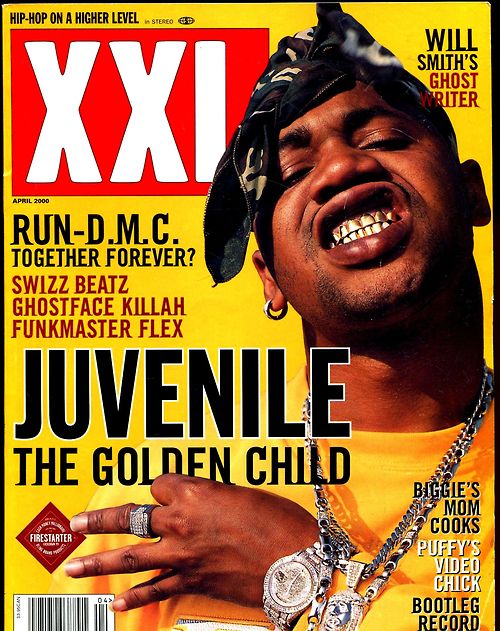
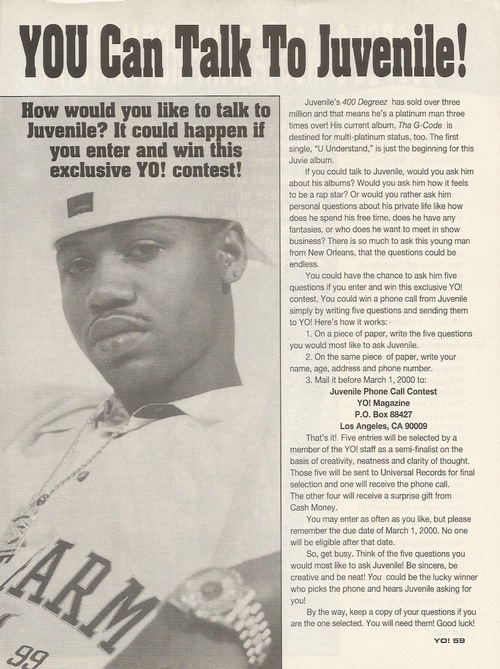
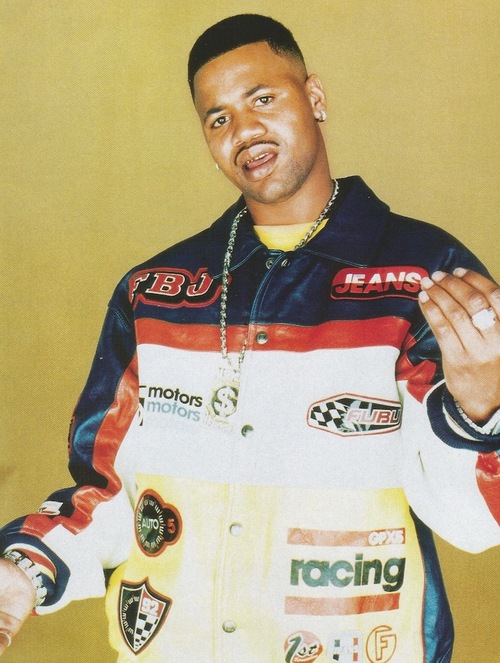

Terius Gray (born March 25, 1975), better known by his stage name Juvenile, is an American rapper, actor, and songwriter.
Terius Gray may call himself Juvenile, but he is no young buck when it comes to the music business. The New Orleans native has been consistently putting it down for over 20 years. He has released ten albums which have spawned some of rap's most popular club hits, started his own UTP label imprint, and unbeknownst to many, laid the foundation for hip-hop's Southern revolution. Rapping since the age of ten, Juvenile formed a group called the UTP, a name that he has tattooed on his stomach in honor of his old Uptown crew, many of whom are either dead or locked up. "UTP was like a coalition for Uptown rappers." Through his rap activity, Juvenile became instrumental in helping shape New Orleans' hip hop scene.
While the mainstream continues to ride the crunk music bandwagon, Juvenile is modest about the sub-genre of hip-hop that preceded crunk and gave him his first hit record. "I don't feel like I've done nothing yet," says a blinged out Juve, in response to whether he should get the credit for fathering "bounce" music. "A lot of musical styles came from New Orleans." As history would have it though, it was a then-15-year-old Juvenile who recorded the first bounce track, entitled "Bounce For The Juvenile," back in 1989 for DJ Jimi's It's Jimi! album. The call-and-response track quickly blew up and earned Juvenile his own solo deal with Warlock Records, before Cash Money even existed. Says Juvenile, "Crunk piggybacked off of bounce music." Having come up in the Hot Boys group alongside superstar Lil Wayne, New Orleans rapper Juvenile is a Southern hip-hop veteran, and a chart-topping one as well, having climbed the U.S. Billboard Hot 100 with his 2004 single "Slow Motion." Juvenile was one of the initial figures involved in New Orleans' "bounce" craze of the early '90s, an uptempo style of hip-hop that combined gangster rap and party music.
When his debut album, Being Myself, was released in 1995, Juvenile was living in between both of his grandmothers' housing projects. One lived in the now-famous Magnolia projects, known for its poverty-stricken population. "I was one of those kids who didn't have the opportunity to go places or travel outside of New Orleans until things started bubbling for me in the music industry," he explains. But while many teens fall victim to their environment, Juvenile kept his focus off the streets and on his talent, forming the UTP crew, a collective of rappers from New Orleans' uptown neighborhoods. "I used to look at it like New Orleans is one of the worst places to live. Then you travel to all these ghettos and see how everybody relates to each other." Apparently, quite a few people related to Juvenile and his music. In 1996, he hooked up with Cash Money records and dropped the CD Solja Rags, which sold close to 200,000 copies.
Juvenile's already proven track record helped catapult The Hot Boys to platinum status. And by the time he released his third solo set in 1998 - the RIAA quadruple platinum 400 Degreez - Juvenile and Cash Money had become household names. "When the Hot Boys came out, I had years over B.G., Wayne, and Turk, so I was a grown man already. They tried to make me do a lot of other things, and I was like, 'nah, if it ain't broke don't fix it,'" says Juvenile of his decision to be the first to defect from the label. Juvenile and Cash Money have since settled their business differences in court, and have no ill will towards one another. "I took Cash Money to court and seen them in the club the next week, like 'Pop that Cristal, but y'all still gotta pay me'...I don't ever get mad enough not to do business."
It's that business motto that has given Juvenile quite a few advantages over his fellow rap peers. 400 Degreez was followed by three more platinum-plus albums - Tha G-Code, Project English, and Juve The Great - before he closed the biggest deal of his career. Atlantic Records, now home to Juvenile the solo artist as well as his UTP label, snatched him up in 2004, when two of his biggest hits - the #1-charting, RIAA platinum "Slow Motion" and the Juvenile, Skip & Wacko (aka UTP) collaboration, "Nolia Clap" - ruled the airwaves. With years of experience under his belt, Juvenile returned with Reality Check, his seventh solo album and Atlantic debut. "This is my best album," says Juvenile. "I'm doing things I never would have done before. I'm making beats, engineering, storytelling. I'm not just rapping; I'm doing everything."
With Mannie Fresh handling some of the production, the album has that classic Juvenile sound, and then there's the likes of Scott Storch and Cool & Dre in the mix. "I tried to follow The Chronic's formula," Juvenile explains. "I like the way Dre put everybody together, as a producer. That's what I'm trying to do. I got Skip and Wacko all over this album. This album isn't just based on me; it's also based on everybody around me."
Featuring guest artists Mike Jones, Paul Wall, Trey Songz, Eightball, Bun B, Brian McKnight, Ludacris and others, Reality Check was one of Juvenile's most well-rounded album to date. "I'm in the club like crazy on this one. All of the songs can be singles, no fillers." The album's first single, "Rodeo," has become an urban radio and video smash, offering proof positive that Juvenile not only has a grip on reality, but a grip on his continuing artistic growth.
As for the album title, Juvenile explains, "That's where I'm at right now in my life. I feel like everybody needs a reality check. I have 'em all the time. Nobody's perfect." Then, smiling wide enough to show all his diamond-encrusted teeth, he finishes: "But I feel like I got the perfect album."
In August 2005, as Juvenile was wrapping up work on Reality Check, New Orleans was devastated by Hurricane Katrina. Juvenile was not there when the storm hit, but his home on Lake Pontchartrain was destroyed and he lost all of his possessions. Work on the album was delayed, while Juvenile joined the movement by the music community to support relief efforts for his native city. As he said at the time, "People have lost their loved ones, their homes, their belongings, and their jobs. Many of our folks in New Orleans didn't have much to begin with and now they have lost everything. Everyone has to pull together to help all those who have suffered these great losses."
However, as the weeks and months progressed, Juvenile came to realize that the promised help was not reaching those who were most affected by the storm - the residents of the city's poorest neighborhood, the Lower Ninth Ward. It was a "reality check" of the most pointed kind. In response, Juve decided to speak out about the governmental neglect that the area had experienced, and at the same time encourage its citizens to rally and help themselves since outside aid had failed to arrive. He wrote several new tracks whose lyrics directly address the impact of Katrina, including "Get Ya Hustle On."
With the song completed, Juvenile became the first artist granted access to film in the Lower Ninth Ward in the aftermath of Katrina. He spent four days there in December 2005, shooting just blocks from where a levee breach had sent water pouring into the streets. Both the resulting music video and a companion documentary capture the monumental tragedy visited on the area, and find Juvenile speaking out on behalf of those disenfranchised New Orleanians whose voices are not being heard.
Directed by Ben Mor, the storyline revolves around three children who find three masks in the midst of the city's rubble - with the words "Help Is Coming" on one side and the faces of President Bush, Vice President Cheney, and Mayor Ray Nagin on the other. The video is introduced with the following words: "This is a tribute to those who died in the wrath of Hurricane Katrina. The storm may have passed, but for thousands the struggle is just beginning."
In a 2009 interview with Allhiphop.com writer Han O'Connor, Juvenile stated that his album Cocky & Confident would take a totally different direction from his last project, which was made when he was still "mourning Katrina." He also revealed that he decided to work only with fresh, young producers on the album and discussed his respect for younger artists like Soulja Boy.
Cocky & Confident was released in December 2009. It peaked at #49 on the Billboard 200. It was Juvenile's lowest charting album since 1997. It featured one charting single, "Gotta Get It", which peaked at #53 on the Billboard R&B/Hip-Hop Singles chart. Following this album's release Juvenile began work on his next album, Beast Mode. This album was released in July 2010. Its first single is titled "Drop That Thang".
Juvenile released his tenth studio album Rejuvenation on June 19, 2012, which was distributed by Rap-A-Lot Records. The first single from the album is "Power" featuring Rick Ross. Juvenile collaborated with Lil Wayne, DJ Khaled, and Drake for the album.
(sources: artistdirect.com, allmusic.com, sing365.com, wikipedia.org)
The history of hip hop culture and music. Learn about how hip hip has been commercialized, impacted pop culture, education & the universe. Take the journey through the 1990's with Tupac, the Notorious B.I.G., The Wu-Tang Clan, Jay-Z, Nas, DMX, Lil Kim, Junior Mafia, Tribe Called Quest, Dr. Dre, Snoop Dogg, Outkast, Scarface, Mos Def, Lady of Rage, The Fugees, Lauryn Hill, Puff Daddy, P. Diddy, Ruff Ryders,
photo credits include: idinero (tumblr), antawanragginsatr (tumblr), bbmr (tumblr), bet (black entertainment television), jonathan mannion photography, billboard awards, cash money records, christian witkin photography, vibe magazine, crg films, diwang valdez, dj a-trak, fasinfrankvintagedotcom, frank151dotcom, highestates (tumblr), howling wolf (nola), xxl magazine, jay bevenour, mikewillmadeit, young money records, nashish photgraphy, northgang (tumblr), philvnyc (tumblr), rapdosedotcom, source magazine, srb brooklyn, thuggedoutorthapedicsdotcom, vanderbilt university, yo! magazine



